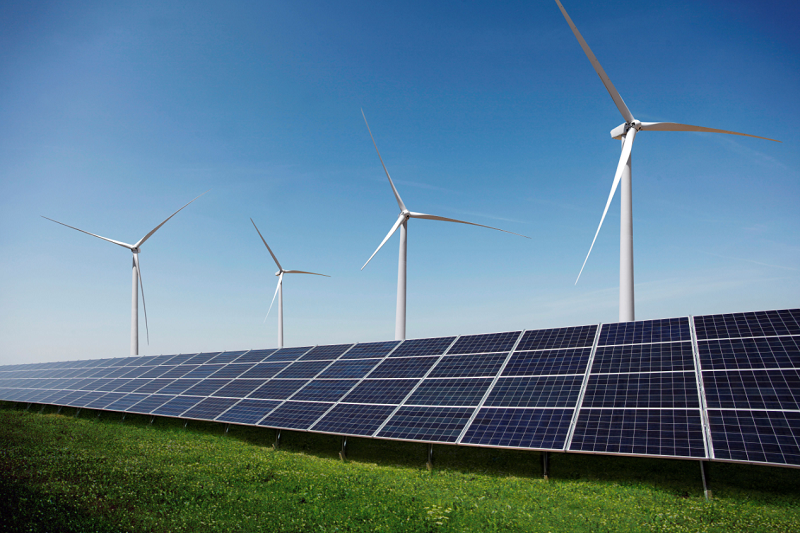
EU Pushed To Look For Alternate Sources Of Energy Amidst Russian Sanctions
Russia’s sanctions on European facilities this week has now put pressure on the energy supplies in European countries. Sanctions have come mainly to start with on Gazprom’s European subsidiaries including Gazprom Germania, an energy trading, storage and transmission business that Germany placed under trusteeship last month to secure supplies.
There is now pressure on Europe to look for alternate energy supply as Russia tightens the noose on the power sources. This is the reason that Dutch gas prices at the TTF hub, the European benchmark, rose by about 20 percent.
Also Read: All you need to know about 5 top French unicorns
The Polish part of the gas pipeline that connects Russia supply to Europe is also been choaked with sanctions. The Yamal-Europe line is partly owned by Gazprom.
“A ban on transactions and payments to entities under sanctions has been implemented,” Gazprom said in a statement. “For Gazprom, this means a ban on the use of a gas pipeline owned by EuRoPol GAZ to transport Russian gas through Poland.” Additionally, a Kremlin spokesperson, Dmitry Peskov has said in an official statement that there can be no relations with the companies affected nor can they take part in supplying Russian gas.
Related Posts
The ones which are being targeted by Kremlin includes nations that have largely sanctioned the former, over its decision to go on war with Ukraine. The name of such entities have been published on a Russian government website. Most of these entities are members of the European Union.
Also Read: Finland plans to join NATO ‘without delay.’
Last year, the European Union countries got about 155 billion cubic metres of gas from Russia. Germany is Russia’s top client in Europe. It had then said that some subsidiaries of Gazprom Germania were receiving no gas because of the sanctions, but are seeking alternatives.
Amidst the growing concerns over zero carbon emissions and use of renewable sources of energy, this kind of pressure is only going to push EU hard towards shifting quickly to the alternatives than they might have expected. Under the Paris Agreement, a deadline of zero carbon emissions were set in for 2030.




